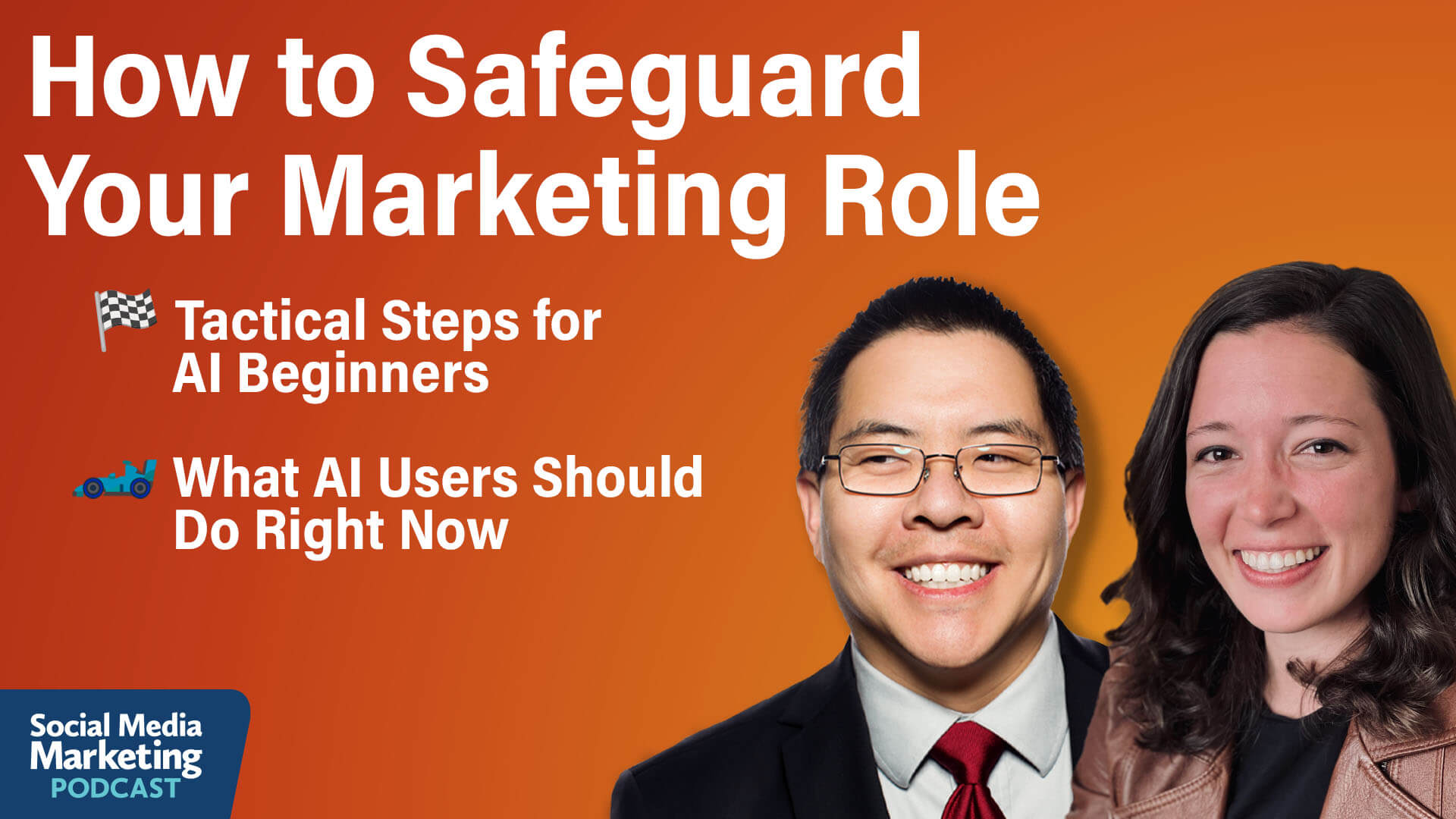“The new generations of workers want more than just a job,” says Farzan Najmeddin, co-founder of Dutch startup Insight.
He says this new generation of workers are looking for purpose, meaning, and culture that supports their overall well-being and the traditional engagement platforms used by workplaces right now are unable to support them.
With Insight, he and his co-founder Kasper Bouwens are on a mission to create a platform that helps every organisation become a human-first organisation.
As organisations embrace the future of work, driven by human-centric design and innovation, Insight aims to help businesses foster an environment where people thrive.
Najmeddin and Bouwens are not only trying to address a real problem but are also doing so in a way that their startup stays sustainable.
Addressing real problems
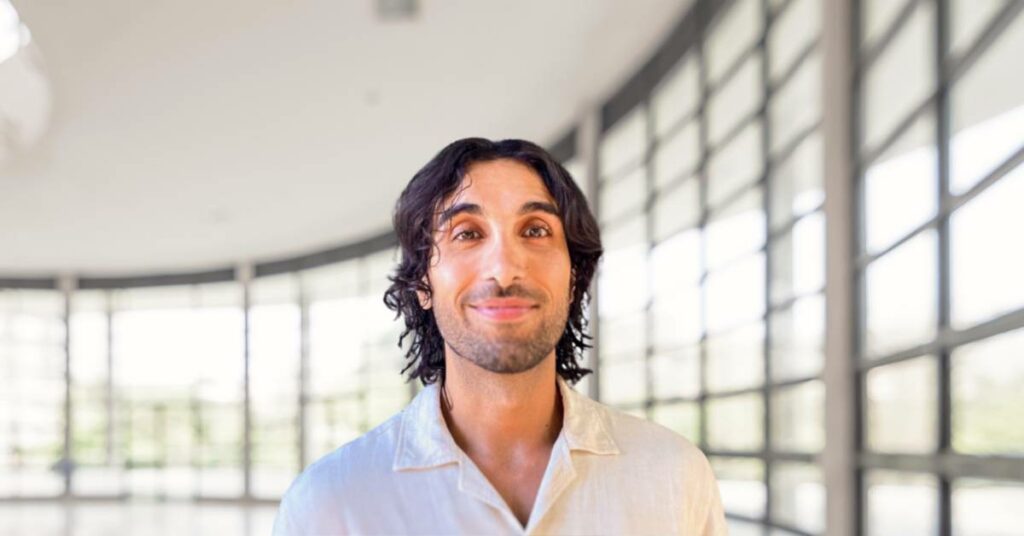
As a people-skills trainer and consultant, Najmeddin says he saw workplaces increasingly focus on surface-level solutions without addressing the real problems.
This recurring pattern among workplaces led to high burnout, disengagement, and stress rates that eventually became symptoms of an outdated system.
“With Insight, we wanted to build a scalable solution that could ignite systemic change,” he says.
He adds that Insight is a tech platform at the forefront of next-gen leadership and engagement platforms that transform how managers turn data into impactful actions.
The startup uses AI and organisational psychology to tackle not only the symptoms of the broken work system but also its root causes.
The result, Najmeddin insists, will lead to the creation of a new era of human-first cultures in workplaces worldwide.
At the time of writing, Insight is available only to select users through its waitlist option and the startup is in a critical phase of fine-tuning the platform with direct input from early adopters.
“This approach ensures that when we do expand, our platform will be fully optimised to meet diverse organisational needs,” says Najmeddin.
He adds, “Quality and user satisfaction are our top priorities, and we’re gearing up for a strategic rollout.”
AI to fix traditional platform challenge
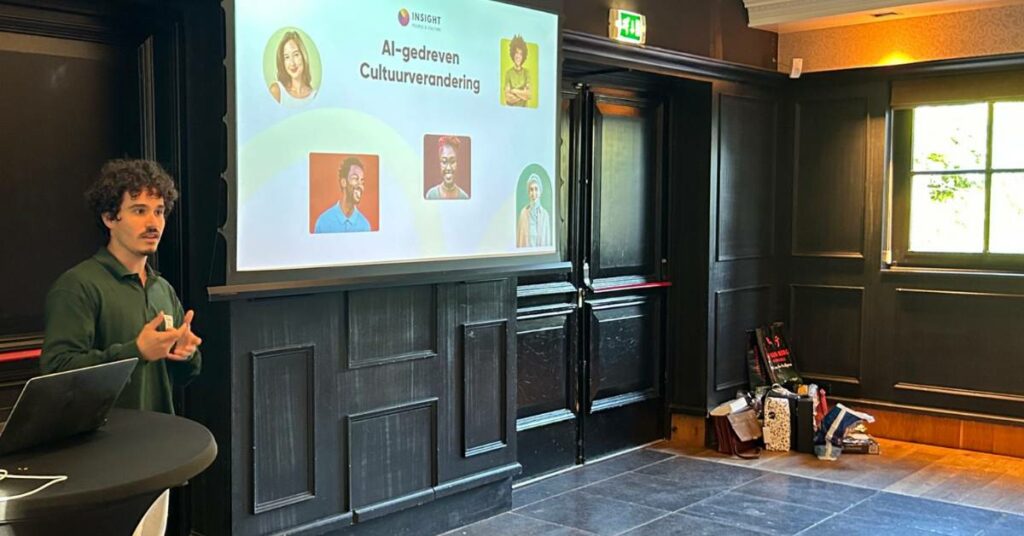
The post-COVID world has proven that the definition of work has changed and Insight wants the world to know that traditional engagement platforms are not adept for this changed work environment.
This is primary because the fundamental challenge with traditional platforms is their assumption that managers know how to turn feedback into action.
This often leads to a disconnect, where valuable insights don’t translate into meaningful changes.
“This assumption is risky and often misplaced,” says Najmeddin.
He says most companies still view management as a reward for excelling in areas unrelated to people skills and this results in many managers struggling to cultivate healthy team dynamics.
A 2022 Deloitte study shows that an overwhelming 79 per cent of managers acknowledged the need for a shift towards a more human-centric workplace culture but only 20 per cent had a clear idea of how to bring about that shift.
Another area where traditional platforms, according to Najmeddin, face significant challenges is the long-term collection and interpretation of employee feedback.
Since the feedback doesn’t turn into insights, employees often see these exercises as just another task and are disconnected from any real impact or change.
Najmeddin adds, “They rarely see how their voices are translated into actionable changes, leading to scepticism and disengagement.”
Insight is trying to solve these pain points by not only collecting data but also turning them into meaningful action.
The platform, Najmeddin explains, empowers managers with AI-driven, personalised strategies that resonate with their own skills, team dynamics, and the broader organisation framework.
It is a tall order to get right but the Dutch startup says all of its actions are rooted in “cutting-edge organisational psychology, specifically tailored to nurture the workplace culture of the future.”
Insight is an AI-first company and sees AI as the cornerstone to navigate the complex interplay of people and culture.
“We’re not just using AI as an add-on; it’s at the core of what we do,” Najmeddin tells me.
He adds, “We leverage deep reinforcement learning to continuously refine our understanding of which science-backed interventions work best and under which circumstances. This helps us offer precise recommendations in real-time.”
Bootstrap to pivot quickly
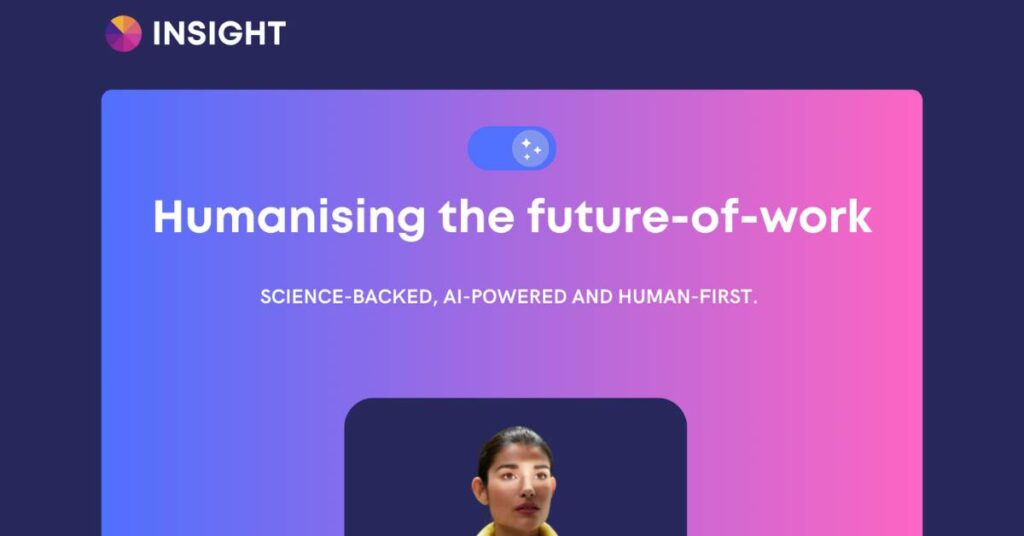
While Insight is no longer a bootstrapped startup, Najmeddin has been one of those entrepreneurs who deliberately chose to bootstrap when he started with Bouwens.
He says bootstrapping allowed them to maintain a laser focus on users and their needs.
For Najmeddin and Bouwens, the decision to bootstrap has allowed them to pivot quickly based on feedback and ensure that their solution not only resonates on a superficial level but genuinely addresses the deep-seated challenges in workplace culture.
“We’re committed to building a product that doesn’t just sell but makes a significant long-term impact,” Najmeddin adds.
As investors increasingly seek profitability over growth at any cost, bootstrapping could be the way forward and Dutch startups, in particular, are choosing to bootstrap.
On a personal level, Najmeddin sees bootstrapping as a rewarding challenge that has kept them agile and deeply connected to the problem they are solving.
“In today’s tricky funding landscape, staying lean has actually been our strength,” he argues.
So what’s the secret to bootstrapping? Najmeddin says it all begins by looking at your market fit and how far your initial resources can take you.
“It’s a test of endurance,” Najmeddin says and further explains that entrepreneurs choosing to bootstrap must be passionate about their solution “because that’s what keeps you going.”
Insight recently raised an undisclosed amount through a convertible loan agreement (CLA) from their advisor, who is a domain expert in behavioural change within organisations.
Najmeddin says they went for external funding only after realising they had validated their core assumptions and were ready to further develop their solution.
“The demand for our approach was clear, and it was time to amplify our capabilities and start testing it on a larger scale,” he elaborates.
As an entrepreneur, Najmeddin doesn’t want to discount the fact that bootstrapping can be tough due to limited resources and the need to keep the lights on but it can also be invaluable forcing entrepreneurs to be innovative and hone the needs of their users.
Dutch tech ecosystem and the road ahead
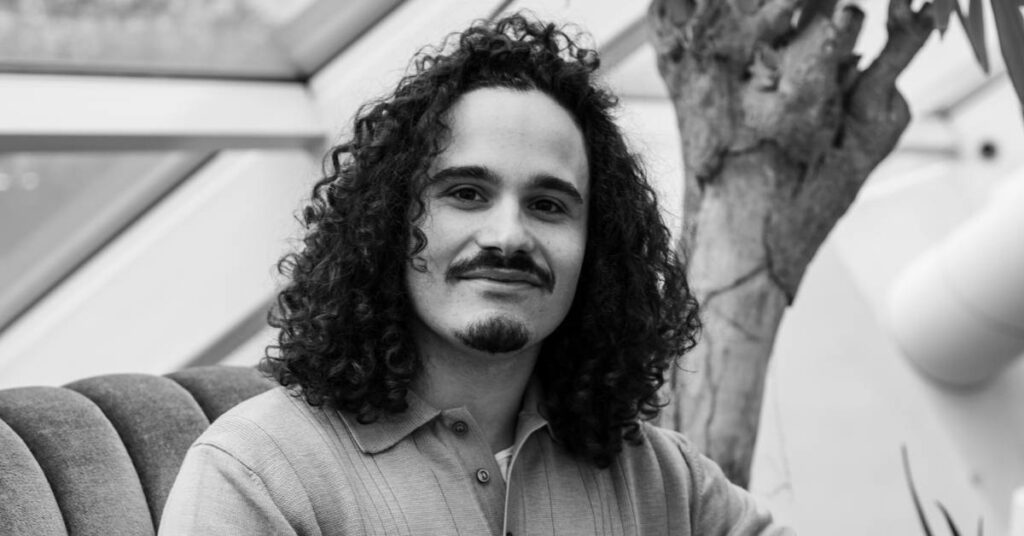
As a Dutch startup, Najmeddin sees Amsterdam being a great place for startups bootstrapping at the beginning since the city offers support and a place for creativity.
However, he would also love to see more backing for startups trying new ways of growth, especially those focused on sustainable and long-term impact, a shift towards valuing startups beyond just their financial metrics.
“I’d like to see a stronger push towards embracing startups that aren’t just chasing profits but are also making a real positive impact,” he says.
For Najmeddin and Bouwens, the Dutch tech ecosystem could be the ecosystem that nurtures businesses that are for the planet and society as well as profit.
As we wrote in June, there are a number of Amsterdam-based investors who argue that impact investing is not risky and in line with Najmeddin’s argument, have devised new methodologies to measure the success of impact startups.
Najmeddin sees this shift but says these investors need to keep on going to a point where “impact becomes as crucial as financial returns for the whole investment industry.”
This could be especially important as Insight is exploring a seed funding round of around €350K early next year to further grow its team and push its go-to-market strategy.
“We’re not just building a product; we’re crafting a movement, and this next step is crucial,” he reiterates.
With Insight, Najmeddin and Bouwens are on a mission to change how companies work and have built a solution that brings a future where HR and L&D aren’t siloed but seamlessly integrated into the daily workflow.
This intersection could define how organisations measure culture and engagement in real-time and provide managers with “in-the-moment guidance tailored to their specific challenges and workplace environment.”
It will be too opaque to see the work of Najmeddin and Insight as an attempt to redefine how organisations use leadership and engagement platforms.
The real goal is to show that a tech solution can actually make workplaces more human and Najmeddin says they want to change how “people feel about work.”



